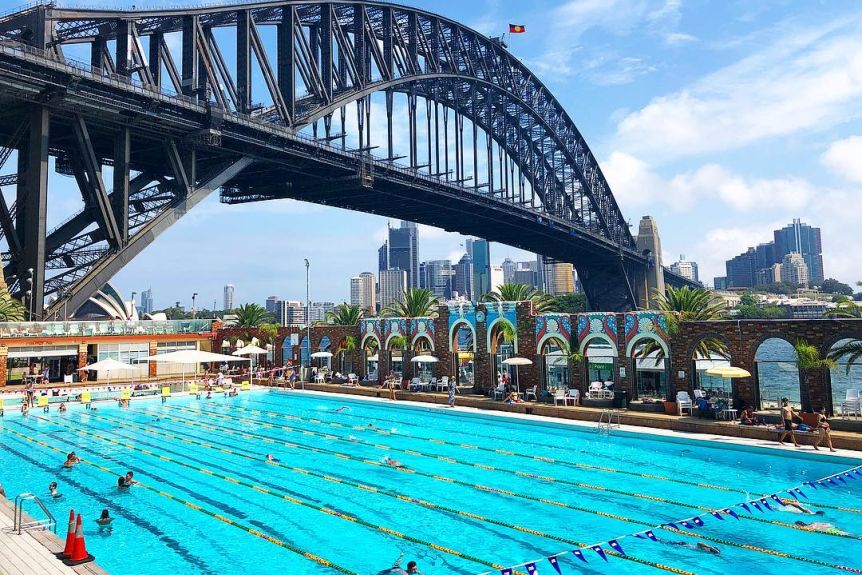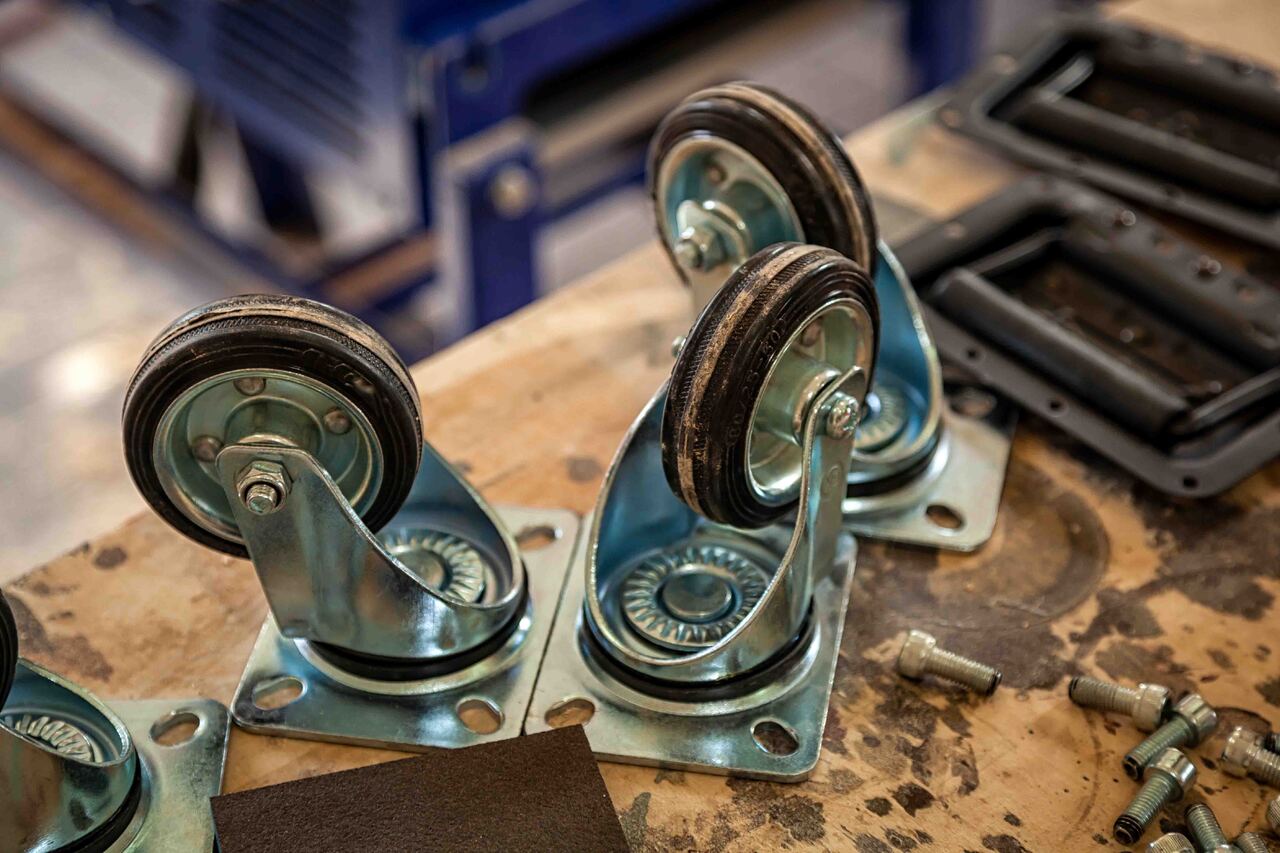
If you are planning to add a pool to your home, you will need to ensure that the pool and the fencing comply with State law in NSW. The regulations are in place to reduce the risk of accidental drowning, especially children, and here are a few aspects of pool safety compliance to check prior to booking a pool safety inspection.
- Pool Gating – The gate needs to be self-closing and outward opening, with the release catch at a minimum height of 1500mm from the ground. If the gate hinges protrude, they must be capped to prevent children using the hinges to gain a foothold, should they try to climb over the gate. There must be nothing to prop open the gate.
- Pool Barrier – The pool fencing must be of a height specified according to the pool dimensions, with no horizontal gaps and vertical gaps cannot exceed 100mm. While not specified, glass is the best material to use for pool fencing, as this allows you to see inside the pool area.
- CPR Sign – There must be a CPR sign inside the pool area, which should be visible from any location, and not be obscured by vegetation or other objects.
- No-Climb Zone – There must be no objects of any kind within 1200mm of the pool fencing, including trees, shrubs, bushes or any man-made object. Anything that falls into this area must be removed prior to the pool inspection.
- Inside the Pool Area – No furniture of any kind is permitted inside the pool area, BBQ and kitchen equipment included, the only items allowed are pool cleaning and filtration equipment. No clothes line or any overhanging item that might be used as a climbing aid can be present, although fixed slides and shading is permitted.
When you have the pool built, the contractor would offer pool fencing as part of the project, and they know the requirements and would therefore construct fencing and gating that complies with State laws.
When you are ready to have your pool inspected, simply Google approved pool certifiers in Sydney, who would carry out the inspection and if all is well, they would issue you with a pool safety compliance certificate, which is valid for 3 years. The compliance certificate is transferred with ownership, and if you sell the property with a non-compliance certificate, the new owner must have the pool certified as safe to use.







